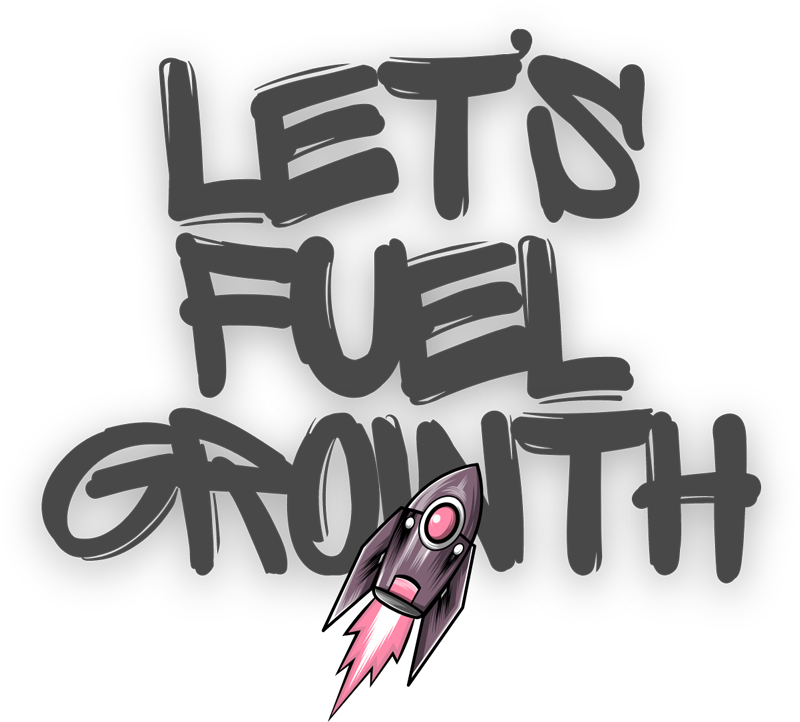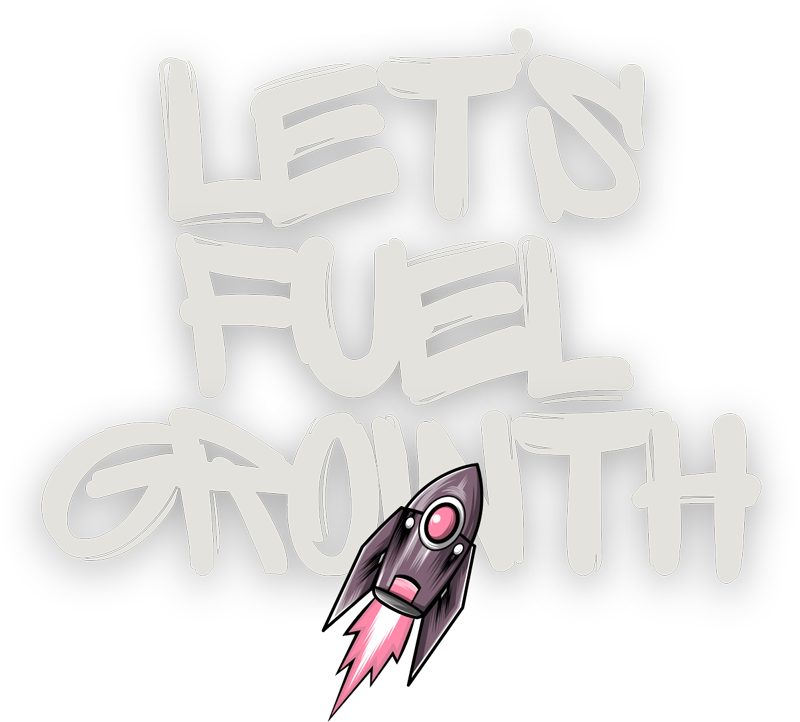
10 Essential Life Skills for Individuals in Recovery
Recovery isn’t just about walking away from what once held you back. It’s about building something new—something steadier, healthier, and more meaningful. For many people, that next chapter involves learning or rebuilding everyday life skills like communication, routine, emotional awareness, and financial stability.
Whether someone is early in recovery or well into long-term growth, these ten foundational life skills help create confidence, clarity, and direction.
1) Emotional Awareness and Regulation
Recovery brings a wide range of emotions. Recognizing them instead of reacting to them is a powerful skill. When people understand their triggers and emotional patterns, they’re better equipped to respond instead of shutting down or spiraling.
Helpful practices include:
- Naming emotions as they come up
- Stepping away and breathing before reacting
- Noticing early signs of overwhelm
Emotional awareness gives people room to choose instead of defaulting to old habits.
2) Stress Management
Stress is a normal part of life, but without tools, it can feel overwhelming. Building healthy responses helps protect long-term growth and reduces the chances of slipping back into old coping methods.
Healthy vs Unhealthy Stress Responses
| Situation | Healthy Response | Risky Response |
| Feeling overwhelmed | Take a walk, breathe, talk to someone | Isolation or shutdown |
| Conflict | Pause and revisit calmly | Reacting impulsively |
| Setback or pressure | Break it into small steps | Giving up completely |
Movement, music, nature, writing, or reaching out to someone trustworthy can make stress feel manageable.
3) Communication and Boundaries
Learning to speak clearly and set limits is a form of self-respect. Many people in recovery are relearning how to express needs, protect their time, and walk away from harmful dynamics.
This skill often includes:
- Saying “no” without guilt
- Asking for help when needed
- Expressing thoughts directly
- Protecting mental and emotional space
Healthy communication builds trust—both internally and with others.
4) Time and Routine Management
A grounded day brings stability. A flexible routine can lower anxiety, create momentum, and leave less room for old habits to creep back in.
A simple day might look like:
- Morning: hydration, journaling, quiet time, or a short walk
- Midday: work, school, volunteering, or building a new skill
- Evening: connecting with others, reflecting, engaging in hobbies, or resting
Structure doesn’t need to be rigid—it just needs to be intentional.
5) Financial Basics and Stability
Money can be stressful, especially when someone is starting over. Learning how to handle finances brings independence and reduces anxiety.
Core skills include:
- Tracking spending
- Budgeting based on real income
- Setting aside even small savings
- Tackling debt in manageable steps
It’s not about perfection—it’s about awareness and stability.
6) Goal Setting and Personal Growth
Goals provide direction and something to look forward to. They don’t have to be big or intimidating—small, realistic steps build confidence and progress.
Helpful approaches:
- Start with short-term goals (30–90 days)
- Break bigger goals into small actions
- Reflect on progress regularly
- Celebrate movement rather than perfection
Growth happens when goals feel personal and possible.
7) Problem-Solving and Resilience
Recovery doesn’t erase challenges—it teaches new ways to face them. When setbacks are treated as learning moments instead of failures, it’s easier to stay motivated.
What helps:
- Planning ahead for tough situations
- Pausing before reacting
- Asking others for ideas or support
- Reframing “mistakes” as information
Resilience is less about avoiding difficulty and more about responding with intention.
8) Self-Care and Physical Wellness
Taking care of the body and mind isn’t a luxury—it’s maintenance. Even small, consistent actions can improve mood, energy, and focus.
A quick weekly self-check might include:
- Am I sleeping enough most nights?
- Have I eaten something nourishing today?
- Did I move in any way?
- Have I had a quiet moment to reset?
- Have I taken space when needed?
Self-care looks different for everyone, and that’s okay.
9) Healthy Relationships and Support Networks
The right people can make recovery feel less isolating and more hopeful. Support doesn’t have to come from one place—community is built gradually and intentionally.
Support may come from:
- Friends who respect boundaries
- Peer recovery or meetup groups
- Mentors or role models
- Volunteer or adventure-based communities
- Reconnecting family members
Connection, when chosen wisely, can anchor long-term change.
10) Relapse Prevention and Daily Maintenance
Maintaining recovery isn’t about fear—it’s about preparation. Paying attention to emotional, physical, and social red flags helps people regroup before things escalate.
A strong prevention approach often includes:
- Knowing personal triggers
- Checking in with yourself daily
- Having accountability through trusted people
- Using coping tools regularly
- Reaching out early when something feels “off”
Daily maintenance turns recovery into a lifestyle rather than a phase.
Growth Beyond Recovery
Life skills aren’t a finish line—they’re building blocks for whatever comes next. As people grow into independence, leadership, creativity, and community, their skills evolve with them. Everyone’s path is different, but the foundations above create room for confidence, purpose, and connection.
At Let’s Fuel Growth, we believe that individuals in recovery aren’t just rebuilding—they’re rising into what’s next. Contact us
to get involved


Leave a Reply
You must be logged in to post a comment.